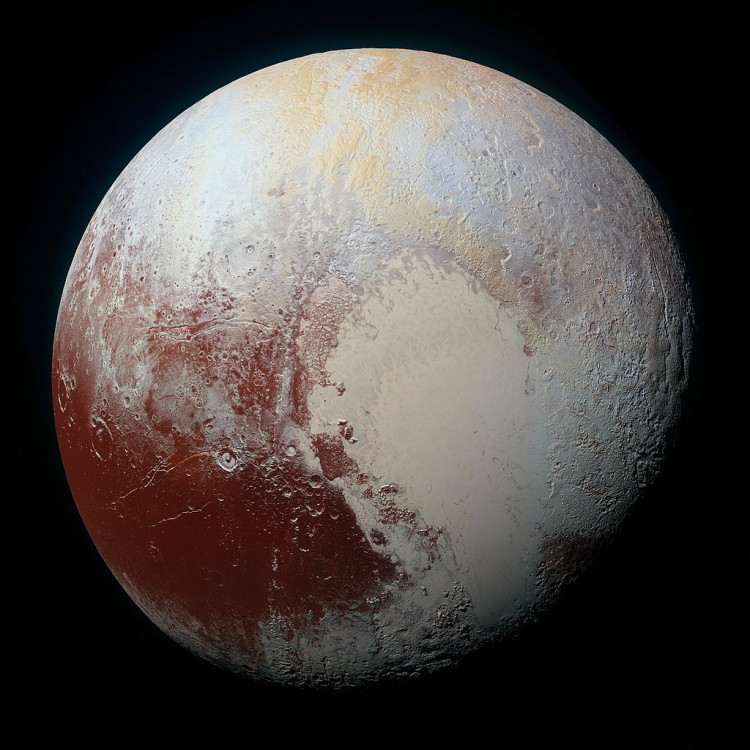Following the conclusion of a five-year study, astronomers are pushing for Pluto to be reclassified as a planet and for more celestial entities to be acknowledged as such.
Nearly 15 years after the International Astronomical Union categorized Pluto as a dwarf planet, a group of experts is hoping the international space body would revisit its decision.
A new study published in the journal Icarus shows that the IAU's definition of a planet is based on obsolete science. This new group believes that not only should Pluto be classified as a planet, but that other satellite entities currently classified as moons should also be recognized as planets.
They claimed that a planet should be defined as any geologically active body in space, as defined by scientists in the 16th century. This would increase the number of planets in the solar system.
"We are continuing to call Pluto a planet in our papers, we are continuing to call Titan and Triton and some other moons by the term 'planet'," lead-author, and planetary physicist at the University of Central Florida, Philip Metzger, said.
"Basically, we are ignoring the IAU."
In an August 2006 judgement, the IAU determined Pluto fell short of achieving all of the requirements needed to be recognized as a full-fledged planet. Pluto "has not cleared its neighboring region of other objects," according to the body at the time, with some claiming Pluto was part of an asteroid belt or something similar.
Because it failed to meet all of the criteria, the IAU classed the ninth rock from the Sun as a dwarf planet. The ability of a body to orbit the Sun and the body's "sufficient mass to assume hydrostatic equilibrium," which means the body has a round form, were the other two criteria required. Two of the three requirements are met by Pluto.
Despite the IAU's decision, several high-profile individuals have continued to refer to Pluto as a planet. One example is former NASA Administrator Jim Bridenstine who said in 2019 he considered Pluto a planet.
"It's the way I learned it and I'm committed to it," Bridenstine said.
Alan Stern, the NASA scientist in charge of the New Horizons mission to Pluto, has also stated that he considers Pluto to be a planet.
The researchers now propose that the IAU revise the criteria it uses to determine which celestial entities should be designated as planets.
The study, "Moons are planets: Scientific usefulness versus cultural teleology in the taxonomy of planetary science," can be found in its entirety here.






